Gebran Bassil, president of Lebanon’s Free Patriotic Movement, spoke about the importance of Hungary’s role in humanitarian efforts in the region. In the interview, he explained that the Hungary Helps initiative and other Hungarian efforts provide hope to Lebanon’s Christians.
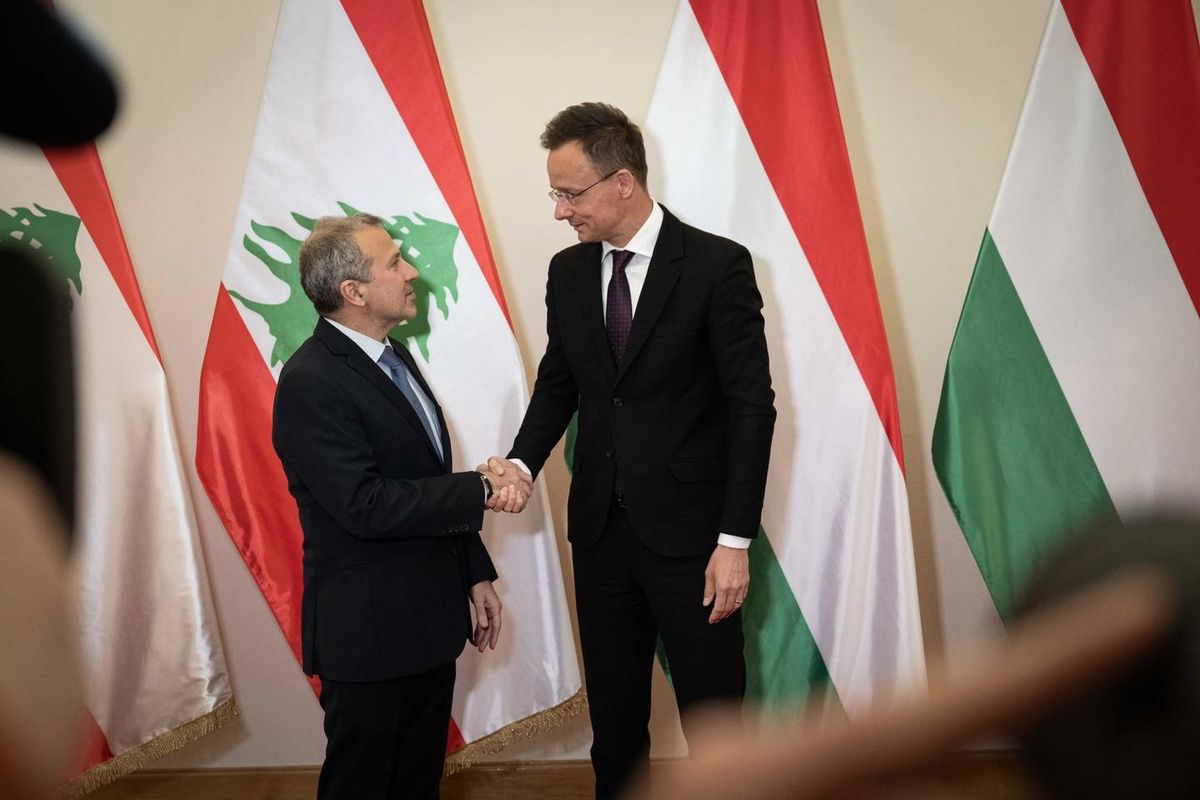
– You are one of the most prominent leaders of Lebanon's Christian community. How do you see the future of Christianity in the Middle East, and what role can Lebanon play in that future?
– Christians should be in the majority wherever they live because their message and mission are universal and extend beyond the community of believers. Unfortunately, the reality is that they have become a minority in many places due to the threats they face, and the indifference surrounding them in the region. This presents many challenges. The answer to those challenges, in order to survive and convey their message, should not be isolation, but openness. The fact that they are in danger does not mean they should adopt a defensive posture. On the contrary—they must remain open and fully embrace their role as mediators among communities, countries, civilizations, and cultures. That is what gives them significance, regardless of their numbers. The more threatened they are, the more open and tolerant they must be. When Christ was insulted, He did not respond with aggression but with patience and forgiveness.
– You met FM Szijjarto and discussed the topic of Hungary’s church renovation program in Lebanon. In your view, what further role could Hungary play in preserving Christianity in the Middle East and in Lebanon?
– Hungary—through the Hungary Helps program and the efforts of Minister of Foreign Affairs and Trade Peter Szijjarto, who is not just a personal friend of mine but also a friend to Lebanon, to Christians, and to Lebanese communities—is doing a great deal, especially considering its financial capabilities. The program of renovating old Christian churches is outstanding, both symbolically and in its actual meaning. It is not just about restoring stones—it’s about strengthening the connection between believers and their homeland. It shows that these people are deeply rooted in their land and want to restore everything tied to their presence, their role, their heritage, and their culture. That is why I urge the Hungarian government and the Hungary Helps program to continue this work. No matter how small the support, it must continue because it gives hope to Christians: it shows that a European country truly cares about them and is ready to strengthen their presence, their ties to their land and nation, and promote Christian presence in the region. The importance of Christians extends far beyond Lebanon and the region. It concerns the entire world, and serves as a security net for Europe itself.

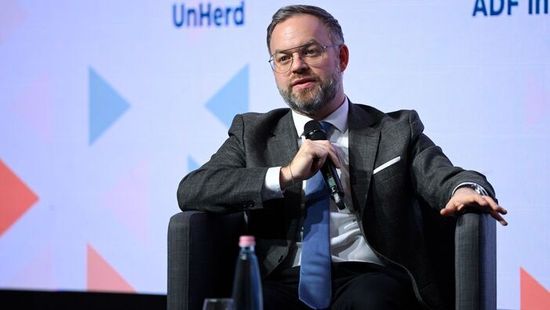
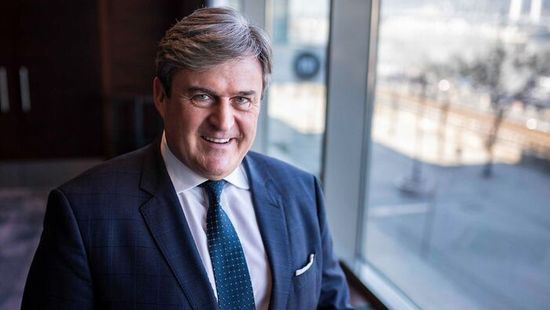
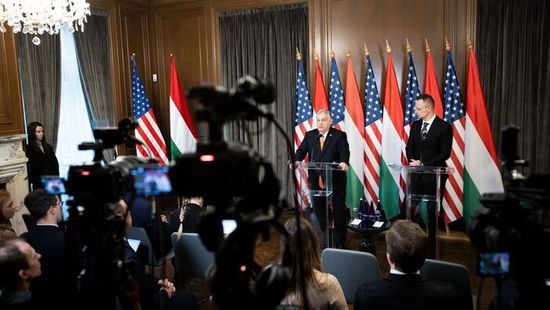
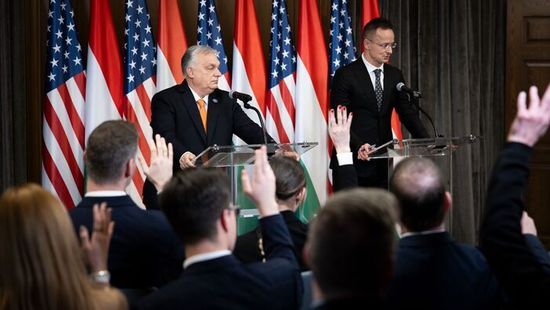

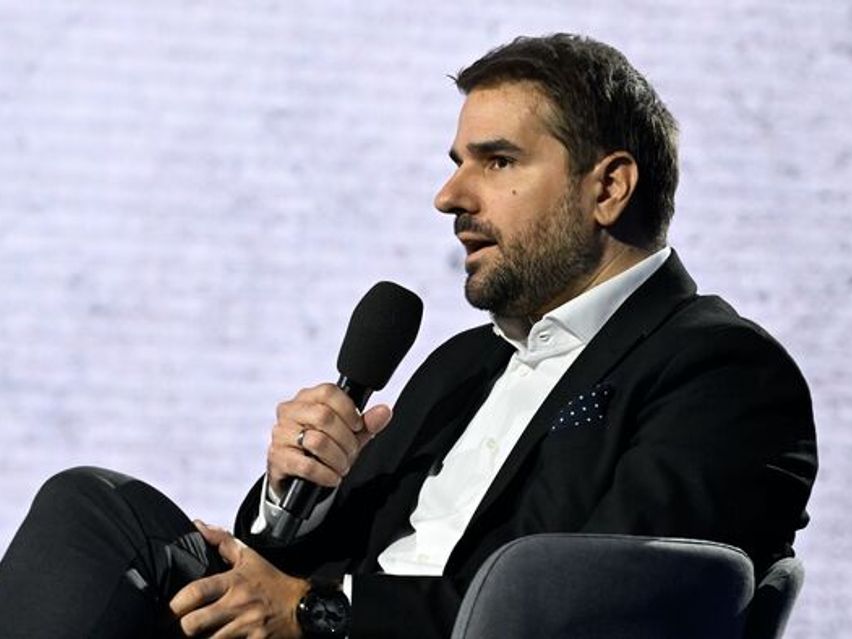
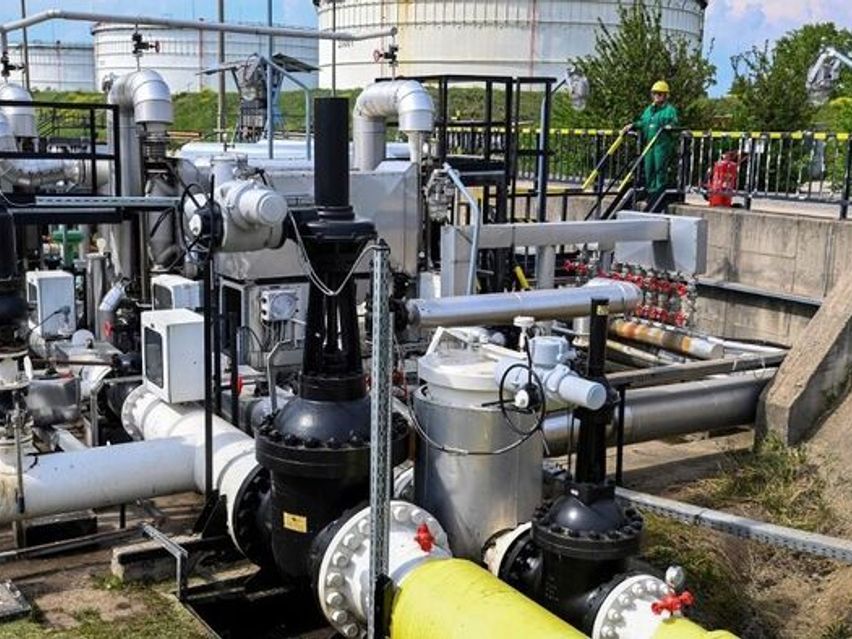
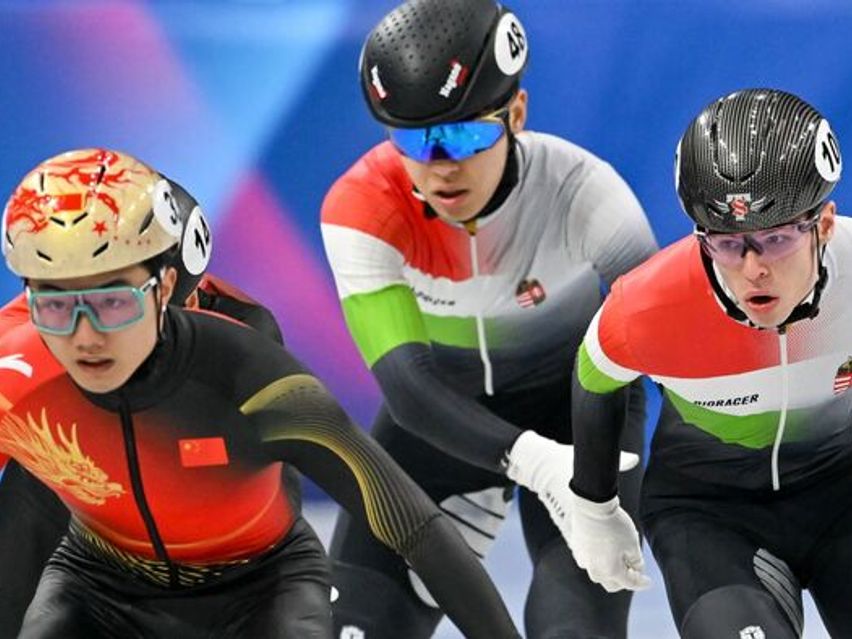
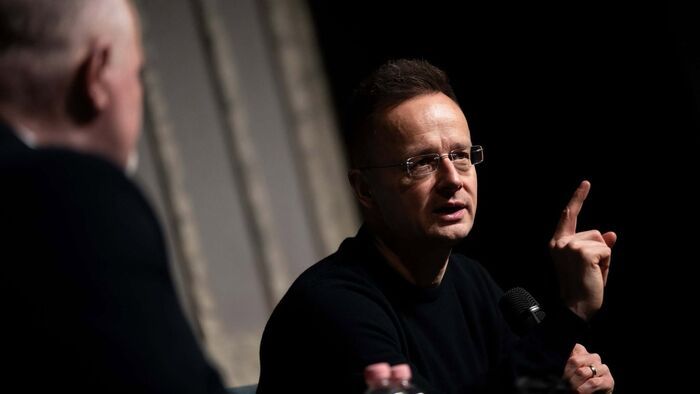

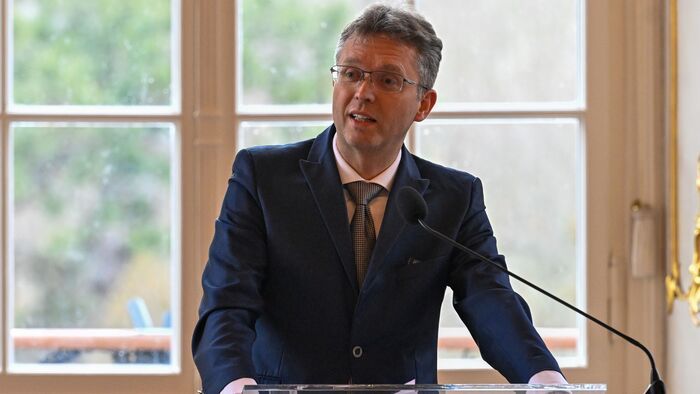

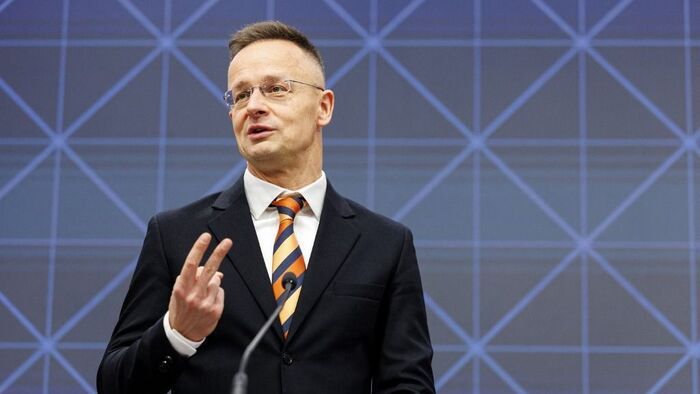
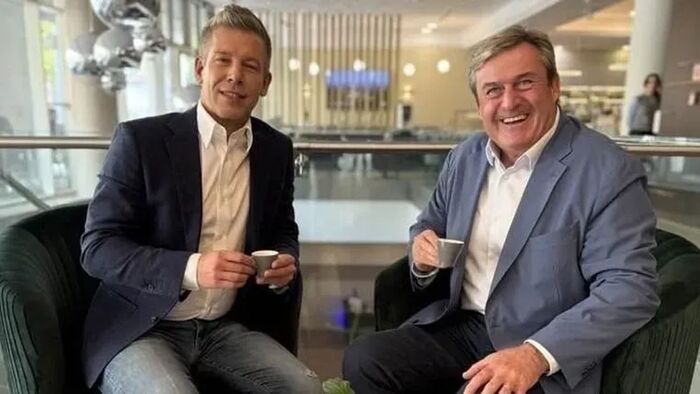
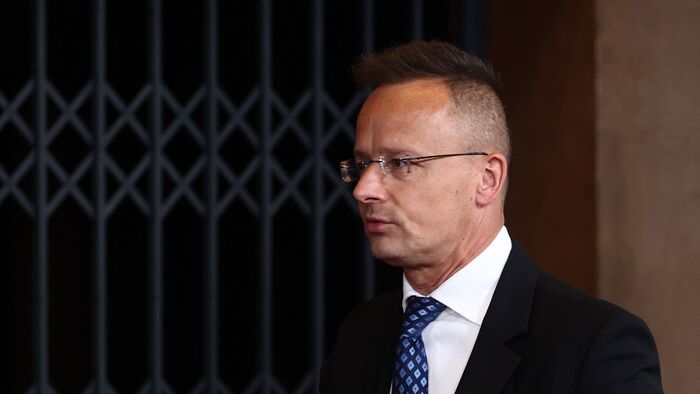
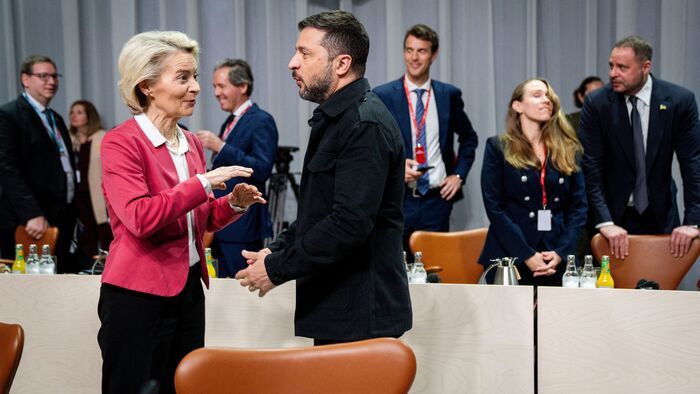
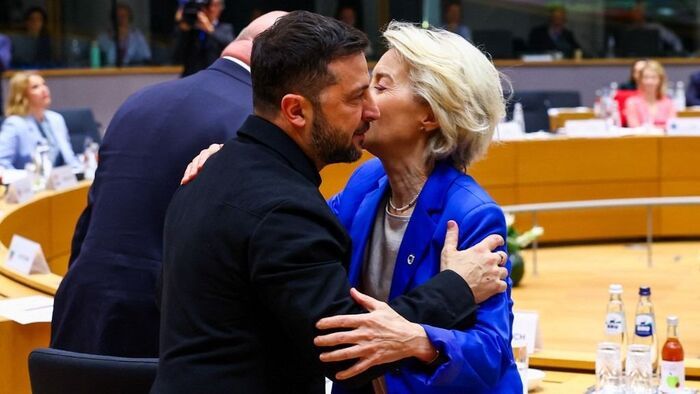


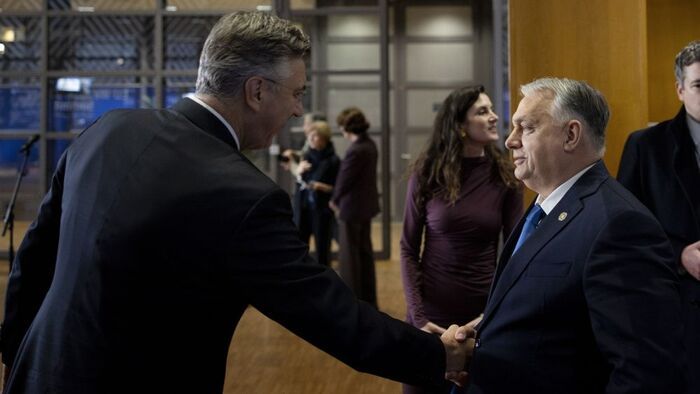


Szóljon hozzá!
Jelenleg csak a hozzászólások egy kis részét látja. Hozzászóláshoz és a további kommentek megtekintéséhez lépjen be, vagy regisztráljon!